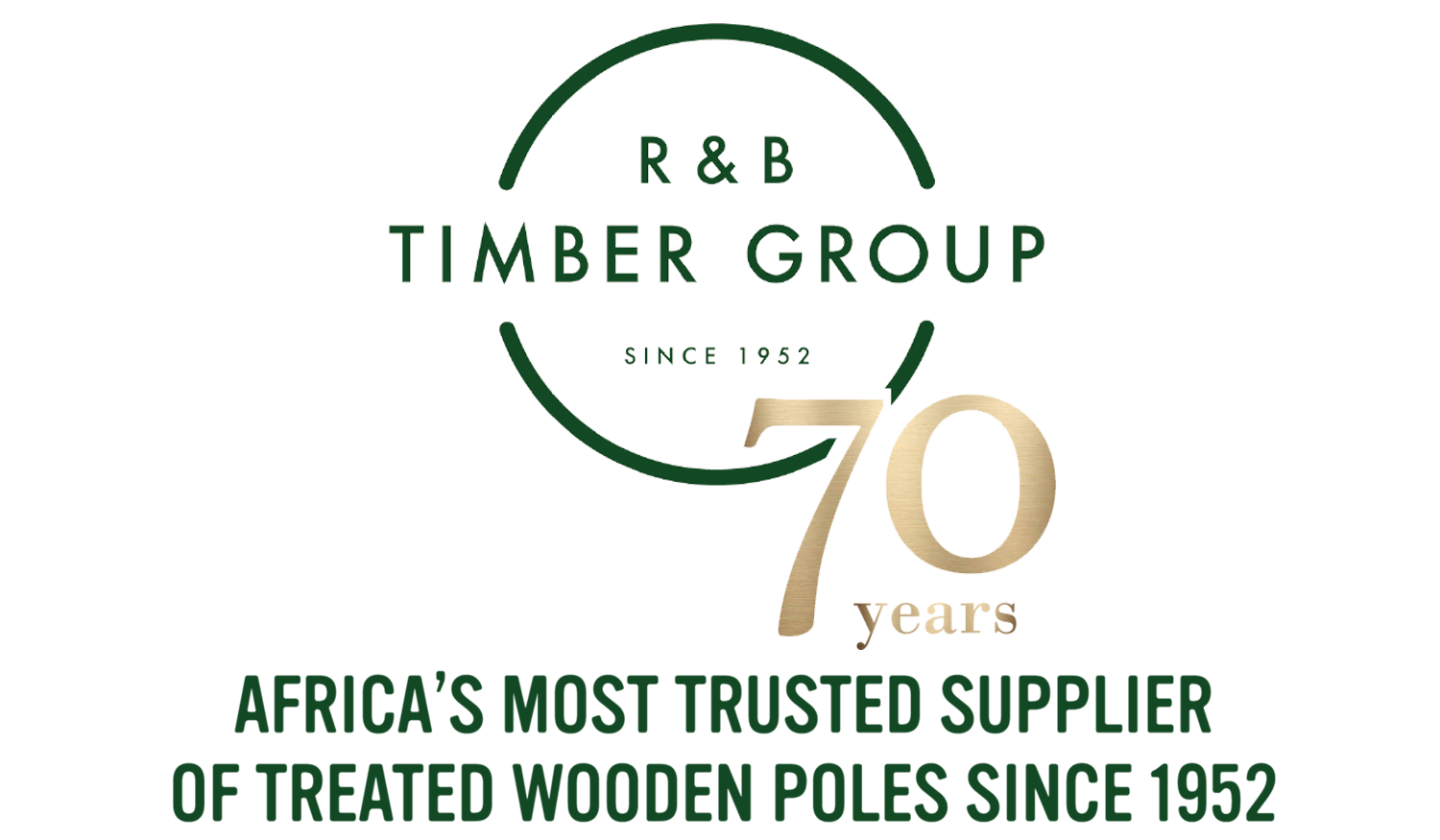TIMBER AND TIME
Over time the process of harvesting timber has evolved. "Timber used to be acquired by individuals or small groups of workers who would chop trees down for their own use, be it for heat or structure. Early logging companies would work in the same area for years, chopping down trees and floating the logs down streams whilst jumping back and forth from log to log for the purpose of clearing jams. The problem with this old way of logging was that there were seldom any rules or regulations that went along with it. Entire swaths of forested land were cleared, and logging companies on the whole earned a bad reputation.
Today, in most parts of the world, if a logging company can afford to cut the trees down in the first place they can almost certainly afford to replant them, and many have taken to doing so as a matter of course. Timber is wood that is at any stage between its felling and readiness for use as a structural material for construction or wood pulp for paper production. Timber can be supplied as a rough product for uses in such projects as furniture making because it may need further shaping, and is usually a type of hardwood for durability. Finished timber is supplied for the construction industry, and is primarily softwood from coniferous trees, including pine, fir and spruce. The uses for hardwood in this market sector are mainly for high-end hardwood flooring.
Today, the use of timber can be found in a variety of applications, from housing to commercial buildings, and although most industrial buildings are composed of either prefabricated steel or concrete, wood can be used to fit out the interior offices, build stairs and platforms, etc."
R&B Timber Group is a timber business that harvests, processes and pressure treats wooden poles for the domestic and international markets. Visit our website to find out more.
